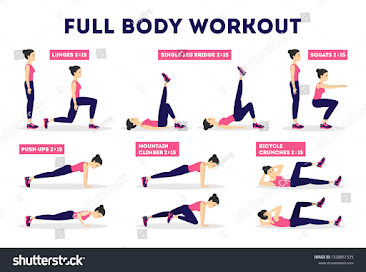mental health conditions at higher risk of stroke or heart attack

M ental health conditions at higher risk of stroke or heart attack Mental health conditions can have a significant impact on physical health, and in some cases, can increase the risk of serious medical conditions such as stroke or heart attack. In this response, I will discuss several mental health conditions that are associated with a higher risk of stroke or heart attack, as well as some of the underlying mechanisms that may contribute to these risks. Depression: Depression is a common mental health condition that is characterized by persistent feelings of sadness or loss of interest in activities. Several studies have found that depression is associated with an increased risk of heart disease, including stroke and heart attack. The exact mechanism...



